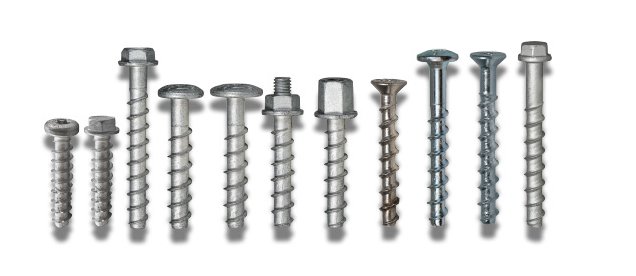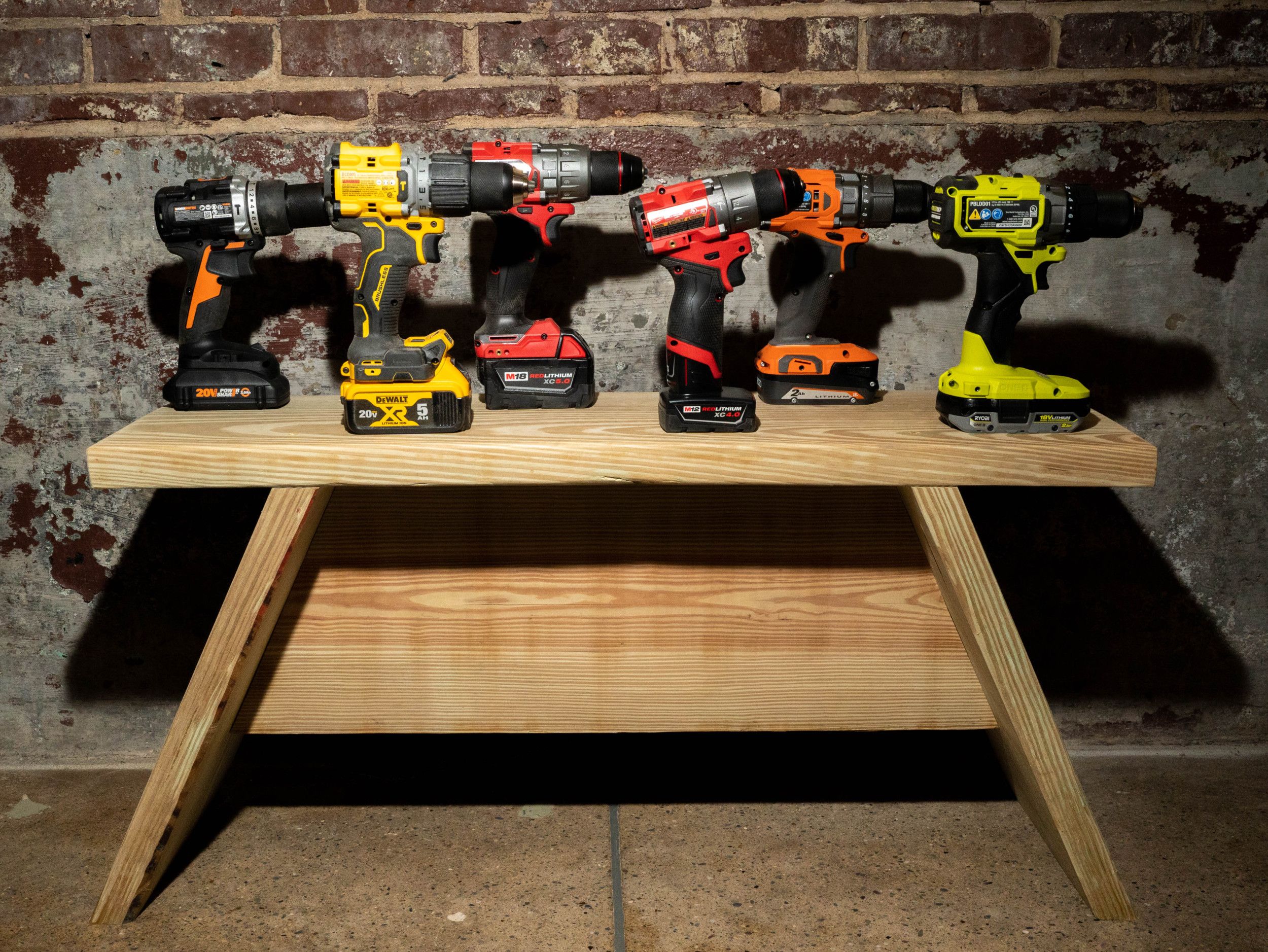Yes, you can use a cordless drill on cement or metal. It is possible to drill into concrete with a cordless drill, but it may take longer and require more physical effort compared to using a hammer drill.
It is important to note that excessive heat build-up can break the drill bit. Additionally, you can also use a cordless drill to drill through metal by using the appropriate drill bits and techniques. With the right tools and techniques, you can achieve excellent results with a cordless drill when drilling through metal.

Credit: www.celofixings.com
Introduction To Cordless Drills
When it comes to using a cordless drill on cement or metal, it is important to have a brief overview of cordless drills. Cordless drills are handheld power tools that are powered by rechargeable batteries, allowing for greater mobility and convenience. They are commonly used in construction, woodworking, and DIY projects.
One of the main advantages of using cordless drills is their portability. Unlike corded drills, which require a power outlet, cordless drills can be used anywhere without the need for a constant power source. This makes them ideal for outdoor projects or when working in areas without access to electricity.
Another advantage of cordless drills is their versatility. They can be used for a variety of tasks, including drilling holes, driving screws, and even mixing paint or mortar with the right attachments. This versatility makes them a valuable tool for both professionals and DIY enthusiasts.
In conclusion, cordless drills are a popular choice for both professionals and homeowners due to their portability and versatility. Whether you need to drill into cement or metal, a cordless drill can be a useful tool for a wide range of projects.
Can I Use A Cordless Drill On Cement?
Yes, you can use a cordless drill on cement or metal. However, it may take longer to drill into concrete compared to using a hammer drill, and more physical effort may be required. Make sure to use the appropriate drill bits and techniques for the best results.
Understanding The Limitations Of Cordless Drills On Cement
When it comes to using a cordless drill on cement, it is important to understand its limitations. Cement is a tough and dense material, which makes it challenging for cordless drills to penetrate efficiently. Additionally, concrete drilling requires high torque and power, which cordless drills may struggle to provide compared to their corded counterparts.
Factors To Consider When Using A Cordless Drill On Cement
If you are determined to use a cordless drill on cement, there are a few factors to consider. First, make sure to select a cordless drill with a high-powered motor and a sturdy construction. Look for drills with higher voltage ratings and brushless motors, as they tend to offer better performance. Moreover, choose the right drill bit for concrete drilling, such as masonry drill bits or carbide-tipped ones. These specialized drill bits are designed to withstand the tough nature of cement and provide efficient drilling.
Recommended Drill Bits For Drilling Into Cement
To achieve the best results when drilling into cement with a cordless drill, it is crucial to use the right drill bits. Some popular options include masonry drill bits, which feature carbide tips for increased durability and efficiency. Additionally, consider using diamond-tipped drill bits for even tougher cement surfaces. It is advisable to avoid regular drill bits, as they may wear out quickly and struggle with the density of cement.
Can I Use A Cordless Drill On Metal?
Yes, you can use a cordless drill on metal. With the right drill bits and techniques, a cordless drill can effectively drill through metal surfaces without the need for high-end equipment.
No, you cannot use a cordless drill on metal. Cordless drills have limitations when it comes to drilling into metal. The factors to consider when using a cordless drill on metal include the power and torque of the drill, the speed and pressure applied while drilling, and the type of drill bits used. It is recommended to use high-quality drill bits specifically designed for drilling into metal, such as cobalt or titanium bits. These drill bits are made from harder materials and have a sharper cutting edge, which allows them to effectively drill into metal surfaces. Using the wrong drill bits or applying excessive force can result in dulling or breaking the bits, damaging the drill, or causing injury. It is important to choose the right tools and accessories when working with different materials to ensure safety and optimal performance.Using A Cordless Drill On Cement
|
Using a cordless drill on cement requires certain techniques to be followed in order to drill holes effectively. Here are some tips and tricks to maximize the efficiency of cordless drills on cement: |
|
|
When using a cordless drill on cement, it is important to follow certain safety precautions: |
|
Using A Cordless Drill On Metal
Techniques for drilling holes in metal with a cordless drill:
- Choose the right drill bit for metal drilling, such as a high-speed steel (HSS) or cobalt bit for better performance.
- Apply light pressure when drilling to avoid damaging the metal surface.
- Start with a pilot hole to ensure accuracy and prevent the drill bit from wandering.
- Use a lubricant, such as cutting oil or drilling fluid, to reduce friction and heat during drilling.
- Regularly clear the metal shavings to maintain drilling efficiency.
Tips and tricks for maximizing the efficiency of cordless drills on metal:
- Ensure the cordless drill is fully charged for optimal power.
- Use a drill with higher torque settings to handle tougher metal surfaces.
- Consider using a hammer drill function if available, as it can provide better drilling performance on metal.
- Secure the metal piece firmly to prevent movement during drilling.
Safety precautions when using a cordless drill on metal:
- Wear protective eyewear to shield your eyes from metal shavings.
- Use gloves to protect your hands from sharp metal edges.
- Keep the drill and your hands away from any moving parts.
- Work in a well-ventilated area or wear a mask to protect yourself from metal dust.
- Ensure the drilling area is clear of any obstacles or potential hazards.
Comparing Cordless Drills With Other Drill Types
While comparing cordless drills with other drill types, it is important to consider the pros and cons. When compared to corded drills, cordless drills offer the advantage of portability and convenience, as they do not require a power cord to operate. However, they may lack the same power and runtime as corded drills and may need frequent recharging. In terms of cordless drills compared to hammer drills, cordless drills may be less powerful and may not be as effective in drilling through tough materials like concrete. Hammer drills are specifically designed for drilling into harder surfaces and offer more impact force. Similarly, when comparing cordless drills with rotary drills, cordless drills may not be as efficient in drilling into concrete as rotary drills. Rotary drills take longer to drill into concrete and require more physical effort. Excessive heat build-up can also lead to the breakage of drill bits. Therefore, while cordless drills offer the advantage of portability, they may not be the best choice for drilling into tough materials like concrete or metal. It is important to evaluate your specific drilling needs and choose the right drill type accordingly.
Frequently Asked Questions Of Can I Use A Cordless Drill On Cement Or Metal
Can I Drill Concrete With A Cordless Drill?
Yes, you can use a cordless drill on concrete. However, it may take longer compared to using a hammer drill, and you may need to put in more physical effort. It is important to note that excessive heat build-up can cause the drill bit to break.
Can I Use A Regular Drill To Drill Into Cement?
Yes, you can use a regular drill to drill into cement. However, it will take longer than using a specialized hammer drill and require more physical effort. Make sure to use the right drill bit and be cautious of excessive heat build-up, which can break the drill bit.
Can A Cordless Drill Drill Through Metal?
Yes, a cordless drill can drill through metal using the right drill bits and techniques. You don’t need expensive equipment to achieve good results. Metal drill bits are versatile and can be used on various surfaces, including wood, concrete, tile, and glass.
However, excessive heat buildup can damage the drill bit.
Can I Use Drill Bit For Metal On Concrete?
No, you cannot use a drill bit for metal on concrete. Concrete requires a specific type of drill bit, such as a masonry bit, which is designed to handle the hard and abrasive nature of concrete. Using a metal drill bit on concrete can cause damage to both the bit and the surface being drilled.
Conclusion
While it is possible to use a cordless drill on cement or metal, it may not be the most efficient or effective option. For drilling into concrete, a hammer drill is recommended due to its power and capability to withstand the tough surface.
When it comes to metal, using the right techniques and drill bits with a cordless drill can yield good results. However, it is important to ensure the drill bits are suitable for metal surfaces. Overall, understanding the specific requirements of the material being drilled is crucial for achieving successful results.

